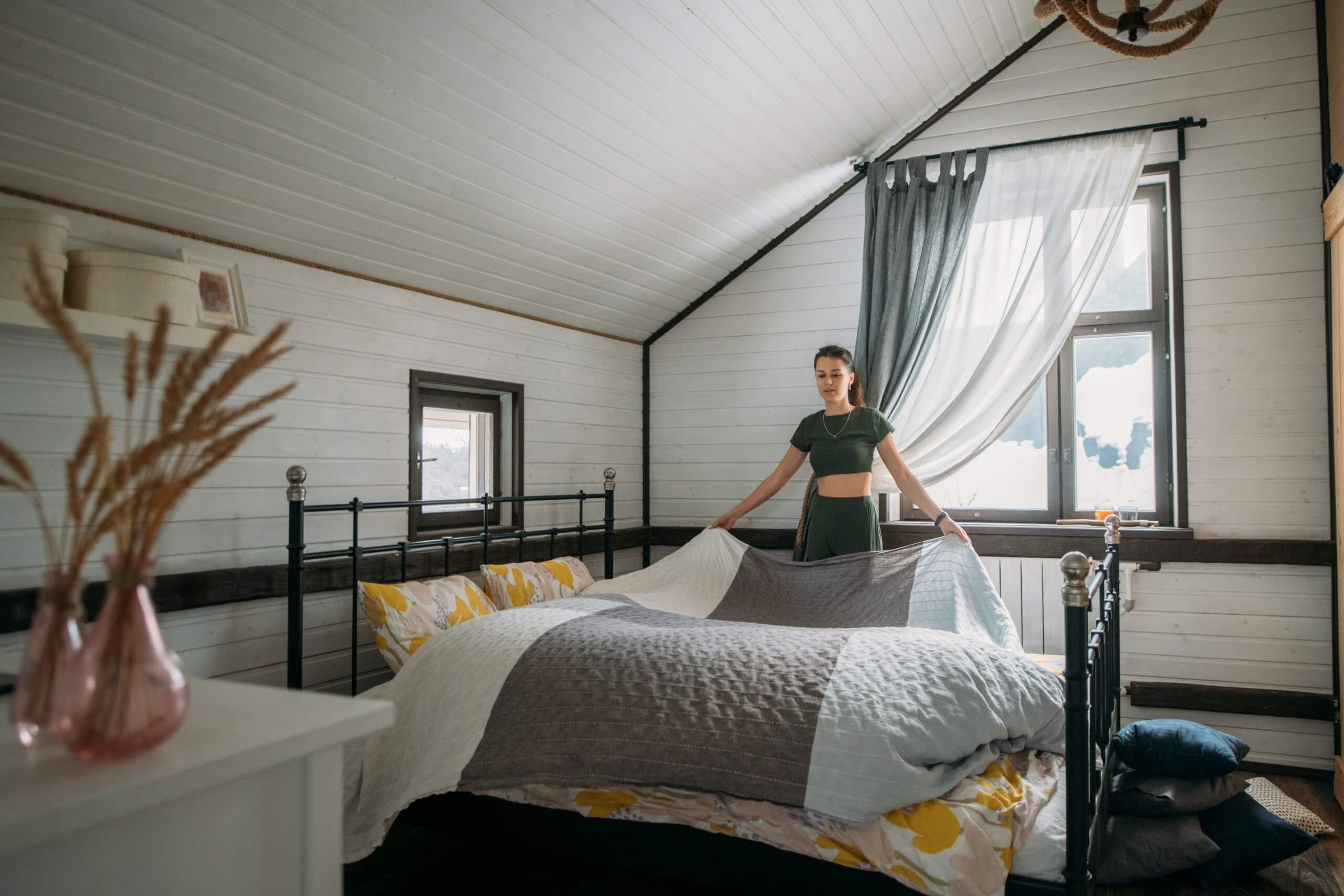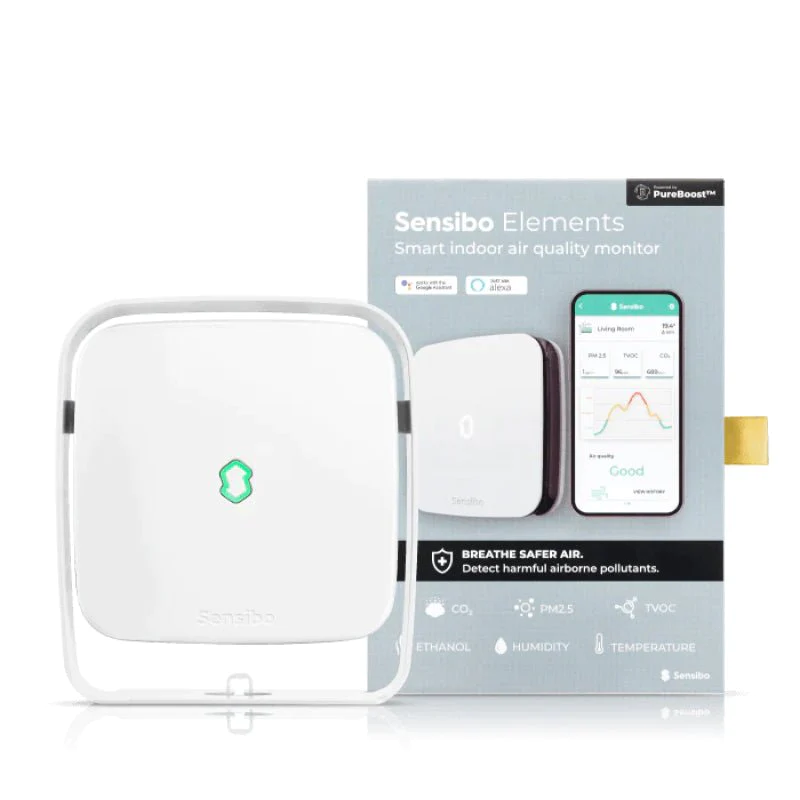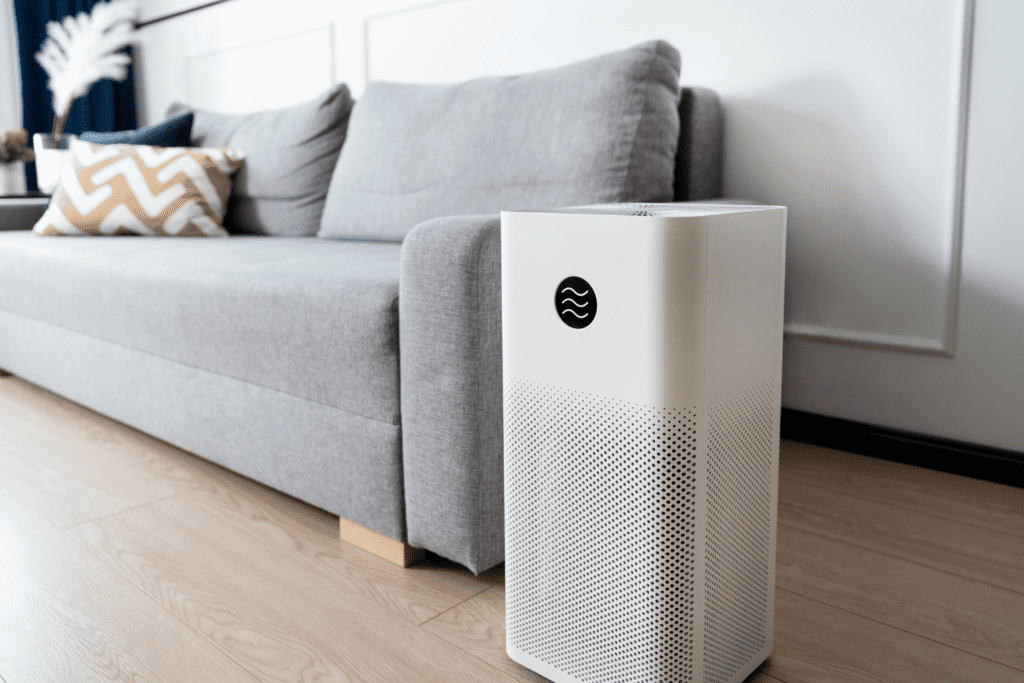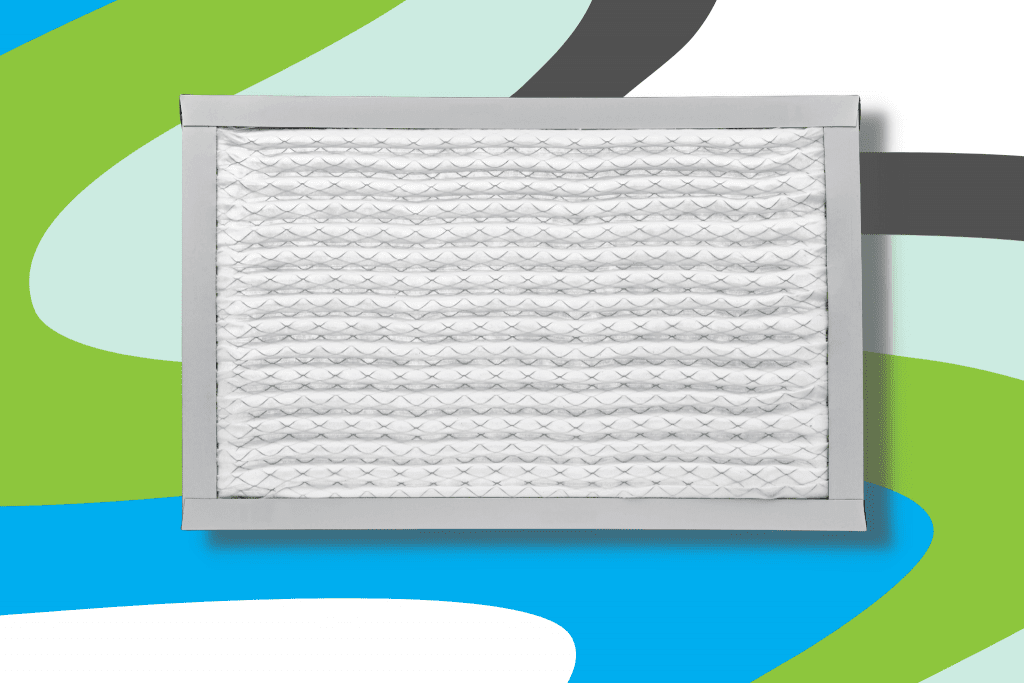If you’re someone who stocks up on antihistamines when the seasons change (or even year-round), you’re likely also someone who would benefit from upgrading home air filters. The spring and summer months are periods of high outdoor pollen levels that easily aggravate allergies. Also, depending on specific allergy triggers, there are plenty of indoor allergen sources. And they exist every season. Allergy symptoms are miserable, and it causes many to wonder how they can reduce allergens in their home.
One option that many allergy sufferers consider is better air filters. While filters cannot eliminate allergies or sources of allergens entirely, they do drastically improve indoor air quality. Of course, air filters should not be viewed as a replacement for routine cleaning or your daily antihistamine, but they can truly help. Upgrading air filters can result in noticeably improved air quality and reduced allergy symptoms.
What Are Allergens?
Allergens range from food allergies to environmental allergies to chemical allergies. According to the American Academy of Allergy Asthma & Immunology, an allergen is a “usually harmless substance capable of triggering a response” resulting in an allergic reaction. Sneezing, itchy throat and runny nose, are all caused by our immune systems overreacting to the presence of the allergen.
This is why indoor air quality upgrades are a helpful solution for allergy sufferers. IAQ control solutions reduce the number of indoor pollutants, including allergy triggers! So, what are the more common indoor air allergens?
Common Indoor Allergens
Common indoor allergens include:
- Pets and Pet Dander
- Dust and Dust Mites
- Pollen
- Mold and Mildew
- Cockroaches
- Fabrics
- Houseplants
We often associate allergies with spring, but seasonal allergies actually occur in the spring, summer and fall. All three seasons can have high pollen levels. Plus, seasonal hay fever is not the only allergy condition. For those allergic to pet dander or mold, those triggers are present the entire year. Fighting indoor contaminants requires year-round solutions.
Choosing a Home Air Filter To Fight Allergies
But why bother upgrading your home air filter? HVAC filters are actually designed to protect the equipment from dust and damage, not to protect human occupants from indoor pollutants. The goal of standard air filters is simply to keep the HVAC system running efficiently. Higher-rated high-efficiency air filters are needed to reduce allergy symptoms and create a healthier indoor space.
Here are two factors to consider when choosing a filter to reduce allergies:
1. MERV Rating
This is a very important factor. MERV ratings, on a scale from 1 to 16, measure the efficacy of an air filter. The best air filter to reduce allergy symptoms is higher-rated MERV filters. These filters can trap smaller-sized particles and trap larger particles more efficiently. The minimum rating we suggest using to target allergens is MERV 11. However, MERV 13 is the ideal filter choice for homes. This is the highest MERV level that is compatible with most residential HVAC systems.
 What Is a MERV Rating? When you’re in search of the perfect air filter for your home, there are plenty to choose from. What’s more is that some people may not even know what type they need or want! It can be difficult to make a choice when faced with so many options—but we’ve got you covered.
What Is a MERV Rating? When you’re in search of the perfect air filter for your home, there are plenty to choose from. What’s more is that some people may not even know what type they need or want! It can be difficult to make a choice when faced with so many options—but we’ve got you covered. Our guide to everything you need to know →
2. Filter Fit
The actual fit of the filter is also important. Air should not pass around the sides of the filters. That means no gaps. Make sure to measure correctly to ensure a snug filter fit. That way, all indoor airflow is filtered, reducing allergens and capturing as many contaminants as possible.
IAQ To Reduce Allergens
Choosing a home air filter with a higher MERV rating is a step in the right direction for allergy sufferers. Filters are a popular choice to improve IAQ. They are one of the simplest and easiest (and cheapest!) ways to actively intervene in your space. Not only will better air filters reduce allergies and symptoms, but they’ll also improve your home’s overall air quality.








